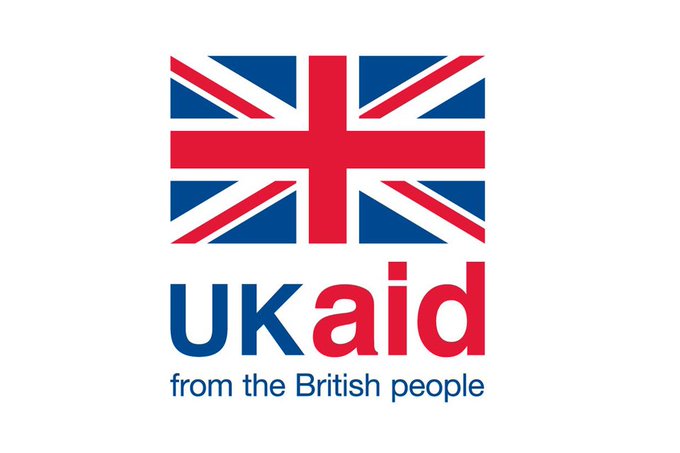By Joyce Mukucha
Following a United Nations appeal concerning Zimbabwe which is facing a chronic food crisis, the International Development Secretary Alok Sharma has announced a £49 million UKAID Fund which is meant to support and help malnourished children, families and communities.
Without support more than 5, 5 million people will not have access to the food they need by 2020, it has been learnt.
In a press statement, Alok Sharma said Zimbabwe is facing a chronic food crisis as crops have been devastated by the effects of drought, economic crisis and a powerful cyclone.
“The Government of Zimbabwe must do more to deliver the promised fundamental political and economic reforms and take responsibility for the humanitarian crisis affecting the people. The UK stands with the people of Zimbabwe at a time when million are at risk of starvation and diseases. Through trusted partners we will continue to give families access to food and clean water and support children to gain a decent education,” said Alok Sharma.
The food crisis is meticulously linked to the economic challenges in Zimbabwe which has led to high unemployment and high inflation.
Having already experienced outbreaks of cholera following the devastation of Cyclone Idai earlier this year, water shortages are also leaving the country more susceptible to further outbreak as people struggle to find clean sources of drinking water.
This support is meant to help up to 440,000 Zimbabweans who face potential starvation in rural and urban areas as they will receive access to food and water via the World Food Programme (WFP) through small cash transfers.
Also, the UK aid support will help support 300,000 vulnerable people to prepare for a potential cholera or typhoid outbreak by providing disease surveillance, essential medicine to treat water-borne diseases and training for local health workers to rapidly respond to outbreaks.
Strengthening disaster planning in Zimbabwe, the aid will and help get financing in place before disaster strikes so they can better manage the economic impact of emergencies and build their resilience.
It has been emphasised that the UK aid support will be given directly to the Zimbabwean Government to assist realise means to build the resilience of vulnerable people to economic and climatic shocks. This involves increasing support to a WFP pilot to provide 100,000 vulnerable people in urban communities with assistance so they get the food they need through access to mobile money.
“The UK aid will help in reducing poverty, hunger and providing clean water and sanitation is at the heart of what UK aid does, but our investment is also about tackling disease and conflict ultimately creating a safer, healthier and more prosperous world,” the statement reads.
The £49 million announced will fund a new humanitarian and resilience programme that will start in October 2019 and run until September 2022 in Zimbabwe. This comprises £25. 5 million of new funding for Department for International Development (DFID) Zimbabwe from rearrangements within DFID’s budget, and £23.5 million funding from DFID Zimbabwe’s existing budget that will now be focused on humanitarian support.
DFID’s overall UK support to Zimbabwe for 2019/20 is £113.5 million






